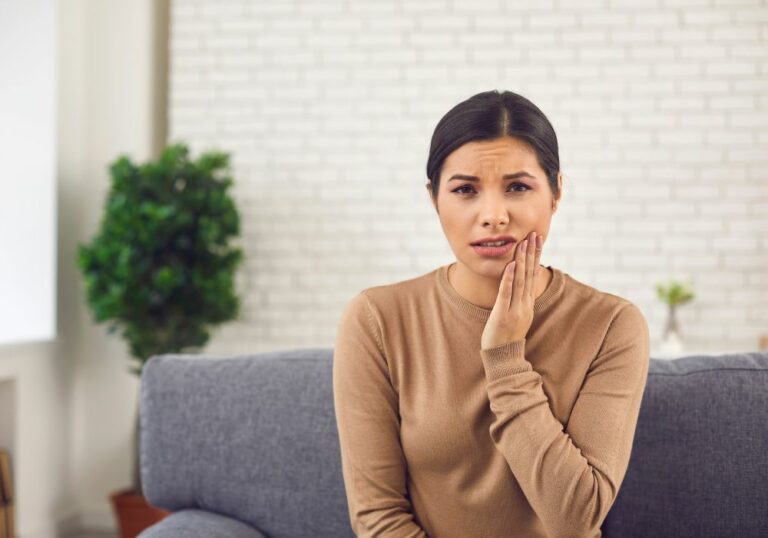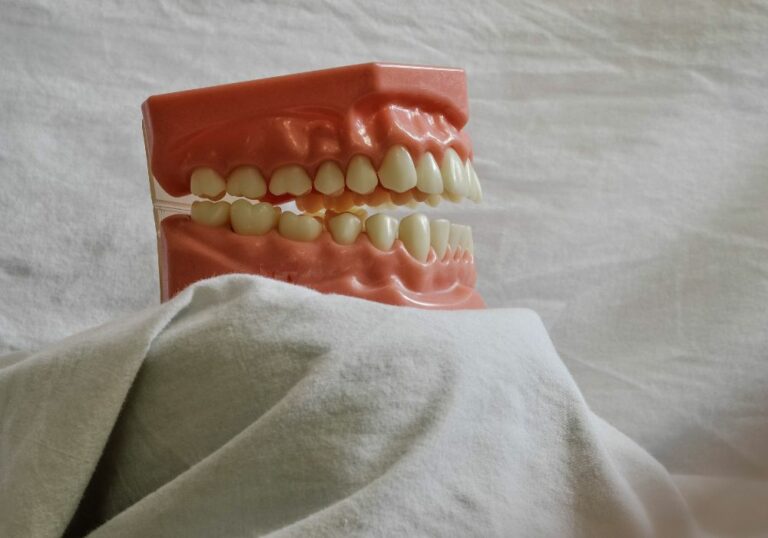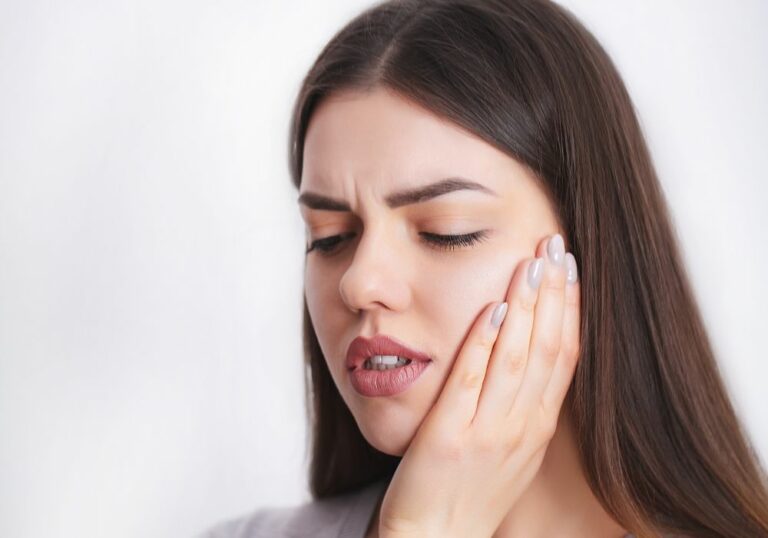Mosquitoes are among the most despised creatures on the planet, and with their annoying buzzing that keeps us awake at night, the itchy bites they inflict on us and the potential of nasty diseases they can transmit, this is hardly surprising.
However, the way they feed on us and the equipment they use to do it is a fascinating topic, and for anyone who’s curious to learn more, in this post, we answer the question, how many teeth does a mosquito have?
How Many Teeth Does a Mosquito Have? The simple answer
There is a very simple answer to the question about the number of teeth a mosquito has, so let’s start with that.
How many teeth does a mosquito have? The answer is – none!
Although mosquitoes are known as “biting” insects, they don’t bite in the same way a human would bite into, say, an apple.
In fact, mosquitoes don’t really “bite” at all but rather feed in quite a different way than this implies. But how do they feed? And what do they have instead of teeth?
To answer questions like these and more, let’s jump in and look at this topic in a bit more detail.
How do mosquitoes feed?
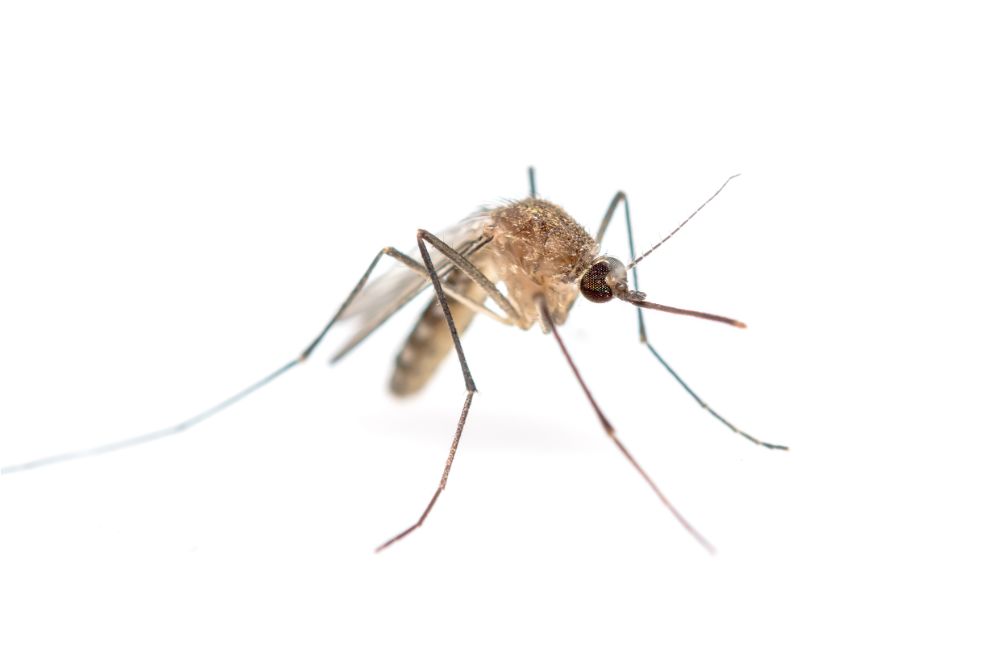
Mosquitoes are present the world over, and there are only a few places where they are not found, meaning almost everyone around the globe is well acquainted with these annoying buzzing, biting flies.
There are thought to be around 3,600 species of mosquito, and generally speaking, both the males and females of most species feed mainly on sugary fluids such as nectar, aphid honeydew and plant juices.
However, the females of most mosquito species need to supplement this with blood meals to provide the protein necessary to produce and lay eggs.
Consequently, various species of mosquito have evolved to feed on the blood of a range of hosts that includes mammals, birds, reptiles, fish and even other invertebrates such as arthropods.
And as everyone knows, many mosquitoes are more than partial to a blood meal from a human host!
When she wants to feed, a female mosquito lands on her host and looks for a suitable spot, usually one where capillaries are close to the surface.
She then pushes a long appendage called a proboscis into the host’s skin. The proboscis is then used to inject saliva into the host, which serves as an anticoagulant that prevents the blood from clotting.
Blood is then sucked up through the proboscis for the mosquito to feed on.
Most mosquitoes are what’s known as “crepuscular” feeders, which means they feed at sunrise and sunset. However, some mosquitoes, such as the Asian tiger mosquito (Aedes albopictus), feed throughout the day.
A mosquito’s mouthparts
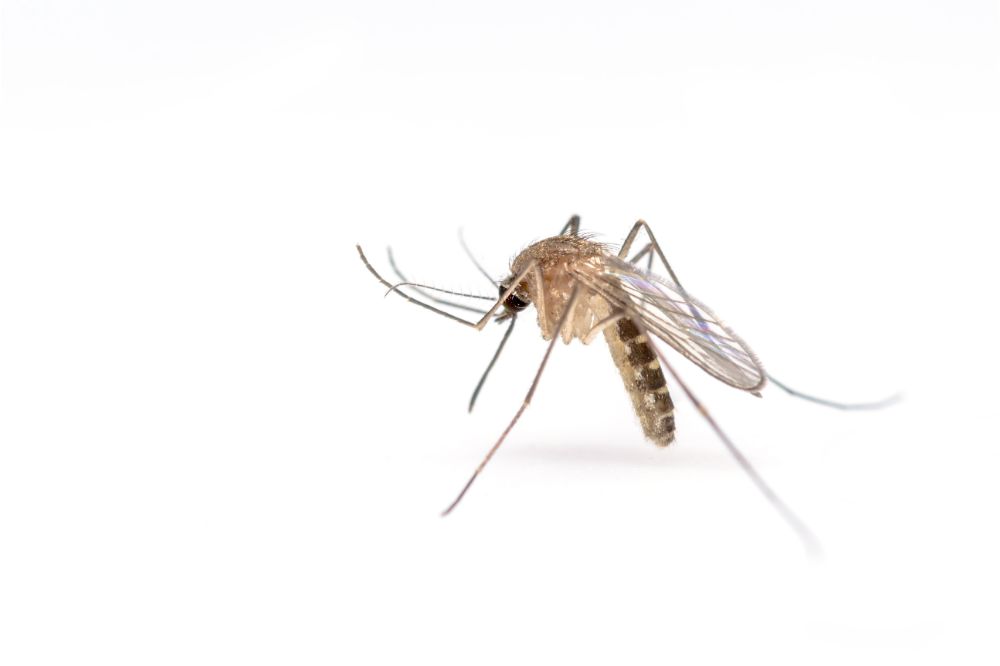
In terms of the component parts, mosquitoes have the same mouthparts as many other insects such as dragonflies.
However, in mosquitoes, the various elements that comprise the mouthparts have evolved to allow the females to feed on blood.
Although we tend to think of a mosquito’s proboscis (the word used to describe the ensemble of these mouthparts) as a single needle-like appendage that they push into their host to extract blood, it isn’t quite that simple.
A mosquito’s proboscis consists of seven parts, the labium, two mandibles, two maxillae, the hypopharynx and the labrum.
The labium is essentially a sheath that serves to protect the other mouthparts, which are kept safely inside until they’re needed. This is the part we can just about see with the naked eye when we look at a mosquito that isn’t feeding.
Inside the labium, the other six mouthparts look like tiny needles, and they all have a specific role to play as a mosquito feeds.
The maxillae have serrated edges and are used to saw into the skin, and once an incision has been made, the mandibles are used to hold the incision open.
Next, the labrum is pushed into the incision, and once it finds a blood vessel, blood is sucked up through it just like through a straw.
At the same time, the hypopharynx is used to inject saliva into the host to prevent the blood from coagulating.
If you want to learn more about this process, here’s a great video that shows a mosquito bite in action.
Mosquitoes and disease
When a mosquito bites you, the bite site may feel itchy for a day or two after, and this is mainly due to the saliva injected to prevent your blood from coagulating.
This, in itself, is not serious, and most mosquito bites will heal quickly with no ill effects.
However, you should resist the urge to scratch the bite because this can lead to infection.
The bite itself is far from the biggest problem associated with mosquitoes, though, because mosquitoes are known to be the vectors for a range of particularly unpleasant diseases.
Indeed, so serious and widespread are the diseases that mosquitoes can transmit that these insects are considered the most dangerous animal in the world for the number of human deaths they cause annually.
Serious mosquito-borne diseases include the following:
- Malaria
- Yellow fever
- Dengue fever
- West Nile virus
- Zika Virus
- Mayaro
- Chikungunya
Not all mosquitoes are vectors for all the same diseases. For example, only the Anopheles mosquito can transmit malaria.
The Aedes aegypti mosquito, on the other hand, can spread yellow fever, dengue fever, West Nile virus, Zika virus, Mayaro virus and Chikungunya virus, but these diseases can also be spread by several other species of mosquito.
The areas most affected by mosquito-borne diseases are East Africa, South America and Southeast Asia.
However, with the changing global climate, areas such as Europe and North America that are traditionally thought to be free of such diseases are becoming increasingly at risk due to disease-carrying mosquito species becoming established there.
FAQs
Why do mosquito bites itch?
The reason mosquito bites itch is not because of the puncture in your skin but because of the saliva the mosquito injects. The saliva prevents your blood from clotting and also causes inflammation – hence the itch.
Are mosquito bites dangerous?
Mosquito bites are not, in themselves, usually dangerous and will heal quickly by themselves within a few days. However, if you itch a bite excessively, it can cause an infection.
The main issue with mosquito bites, however, is that mosquitoes can transmit a range of unpleasant diseases, so for this reason, it’s best to avoid being bitten by them as much as possible.
How do mosquitoes find their host?
In recent years, science has begun to understand more about how mosquitoes locate their hosts to feed.
The main way they locate people is by detecting carbon dioxide and skin odor that we give off.
First, mosquitoes can zoom in on the carbon dioxide we exhale every time we breathe, but even without this, the odors we give off from our bodies can also attract mosquitoes.
It appears that once they have been drawn in by CO2 and body odor, they can then home in even more due to our body warmth, so even in the dark when they can’t see you, they won’t have any trouble finding you when they feel hungry.
How can you stop mosquitoes biting you?
There are several things you can do to stop mosquitoes biting you.
If you are outside during sunrise or sunset when most mosquitoes are active, you should protect yourself by wearing long pants and tops with long sleeves. You should then use mosquito repellent spray on any exposed skin.
In areas where mosquito-borne diseases are particularly prevalent, you should use mosquito repellent spray that contains DEET, and you should also spray mosquito repellent on your clothes.
When you sleep, you should use a mosquito net – make sure that it contains no holes. You can also spray the mosquito net with mosquito repellent to make it even more effective.
Finally, you can also install mosquito screens on windows to prevent them from getting inside.
Other repellents such as mosquito coils can also be used, but these are not as effective as a combination of proper clothing, DEET mosquito repellent spray and mosquito nets and screens.
Is it bad to kill a mosquito while it is biting you?
If you see a mosquito that has already started feeding on you, it’s best to resist the urge to kill it immediately.
This is because doing so can cause the mouthparts to remain in your skin, which can increase the chance of infection.
Instead, it’s better to let the mosquito finish feeding and fly off by itself once it’s done. You can hurry it along by blowing on it, which may cause it to end its meal early and leave.
Do male mosquitoes bite?
Male mosquitoes don’t have the same mouthparts as female mosquitoes because they don’t need blood meals for the production of eggs. As a result, no male mosquitoes bite – only females are capable of biting and sucking blood.
Mosquitoes don’t have teeth
As we’ve seen, mosquitoes don’t have teeth, not even one, and if that’s all the information you were looking for, that’s your answer.
However, as we’ve also seen, this topic is more engaging than that because mosquitoes have highly specialized mouthparts that allow them to feed on our blood – although that doesn’t make them any less annoying when one is buzzing around your head as you’re trying to sleep!


